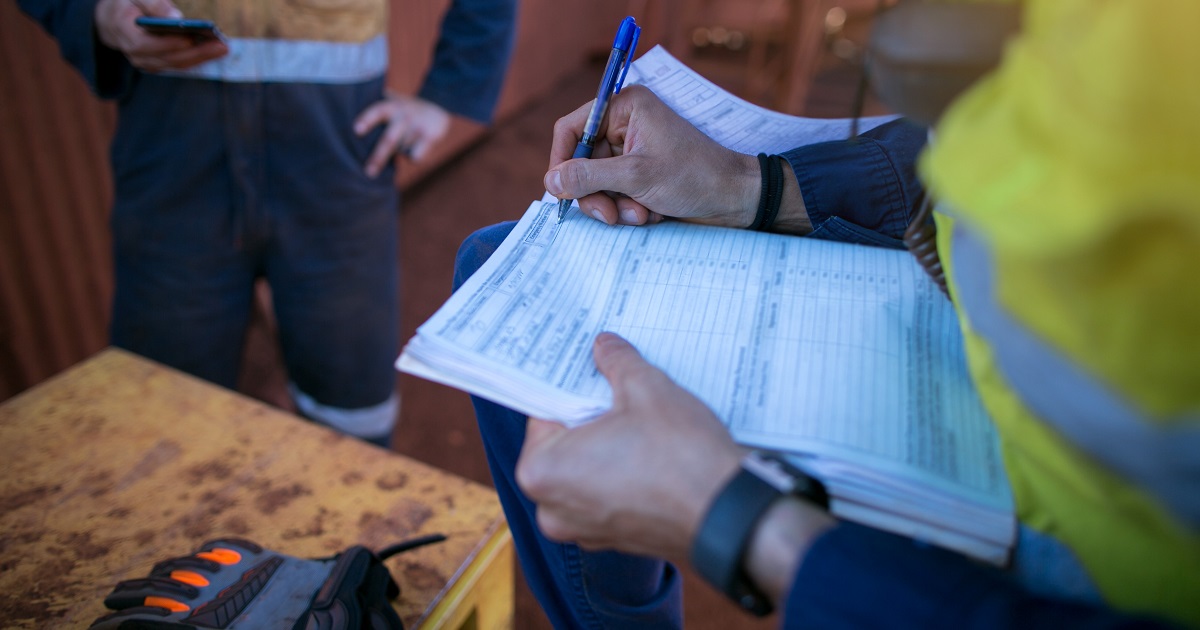
Is it Really a Matter of Trust?
Over the last year or more, we have been bombarded with news about Hillary Clinton’s use of an unsecured e-mail server, Russian hacking of the DNC and other servers, and Wikileaks and its release of confidential, perhaps classified, documents. We don’t have to get into a political debate to discuss what is a really scary issue for everybody; if computers can be breached at the highest levels of government, how secure are we ordinary folks? The bad news keeps coming in with data breaches at financial institutions, retailers, hospitals and airlines. The list goes on.
Those of us in the real estate industry are all too familiar with the potential for fraud and computer breaches. There have been many scams involving real estate closings over the last few years. Many have involved attempts, countless successful, to misdirect wire transfers of loan or closing proceeds. This scam, unfortunately, is too easy to perpetrate. Sometime just prior to closing, usually at the last minute, the closing agent receives an e-mail changing the wire instructions for disbursement of the seller proceeds. The e-mail appears to come from someone the closing agent has been dealing with, like the broker. The wire is sent, the seller never gets its wire and the closing agent has been scammed. But, so has the broker. Somewhere along the line, the broker’s computer system has been hacked allowing the thieves to know that a closing is about to occur, who the parties are, who the closing agent is and enabling the thief to spoof the broker’s account. The closing agent thinks he/she is doing the right thing having dealt with the broker throughout the process. Was the closing agent wrong to trust the e-mail? She thought the e-mail was from the broker.
The roots of scams like this go back to the e-mails we used to get (and sometimes still get) from Nigerian Princes needing help moving large sums of money to the United States or from attorneys for long lost deceased relatives who have left us large inheritances. Attorneys have been targets of “new client” scams. A lawyer I know accepted a closing from a broker he regular worked with to handle a large residential closing. The client was located in Great Britain and sent a cashier’s check drawn on a Canadian bank to cover both the initial deposit and the additional deposit, about $150,000 in total. The lawyer deposited the check in his trust account. Two days later the client called and asked that $60,000 be wired to Japan to cover another deal. Since the remaining funds still covered the initial deposit and the additional deposit wasn’t due for a few weeks and the money was the client’s, the lawyer felt that he was obligated to do as instructed. He checked with his bank to make sure that the check had cleared. The bank said that it had and the lawyer wired the funds. The next day, the bank called to say that the cashier’s check was a forgery and the funds were not in the account. Was the lawyer wrong to trust the client and follow his instructions?
My kids use Venmo all the time to transfer money among their friends. When I send them money from time to time, I write checks. They tease me telling me how old fashioned I am and how much easier it would be if I just got Venmo. But I see fraud and fraud attempts all the time. Should I trust a new technology for small transfers or will I be giving access to my bank account to countless unknown persons?
In today’s day and age, trust does not go both ways. Those who want to defraud you are extremely sophisticated and have the means to do so if you aren’t extra diligent. When we wire proceeds at closing, wire instructions must be verified over the phone by a phone call that we place to the person providing us with the instructions. If the instructions change, we require double verification. We rarely accept funds for closing any more by any means other than wire. If we don’t know you, there is no exception to the rule.
It is not a matter of trust anymore. The world is too big, technology is evolving too quickly. In our business, we have to be diligent to protect ourselves and our clients. And, if you think this way in your professional life, why would you think this way in your personal life as well?



No Comments
Sorry, the comment form is closed at this time.